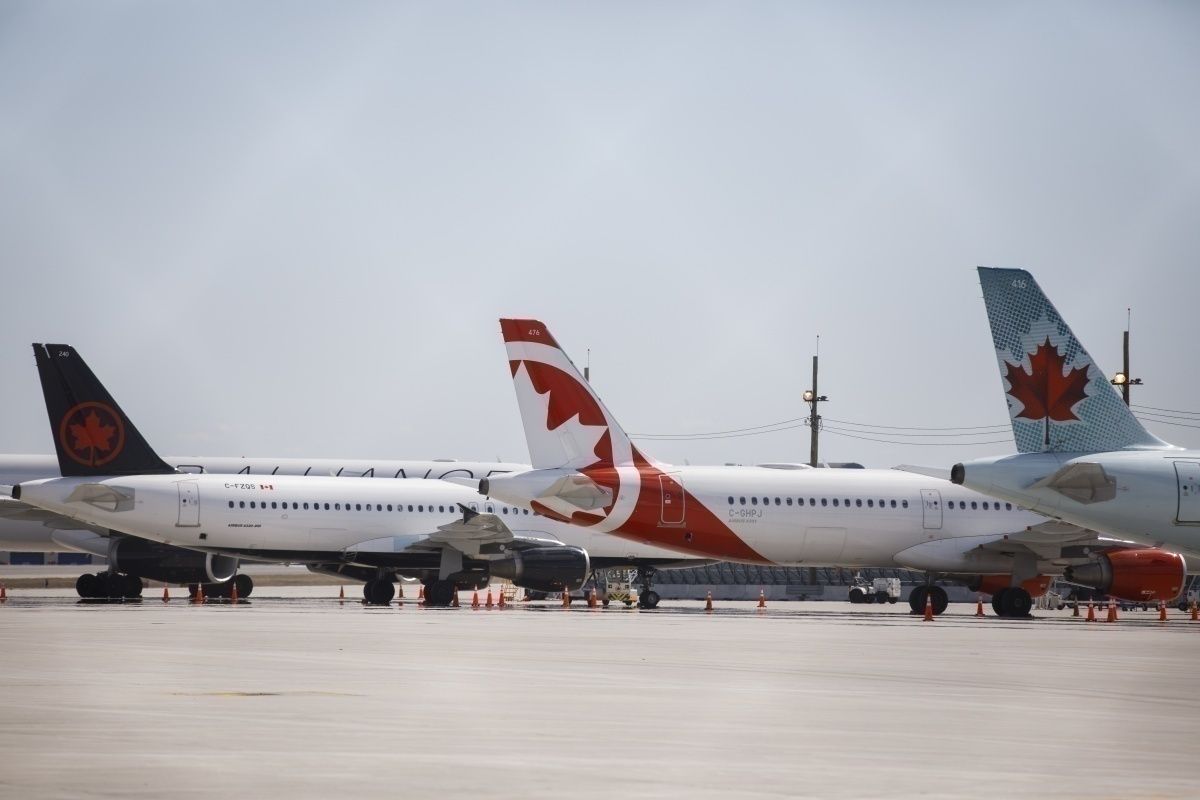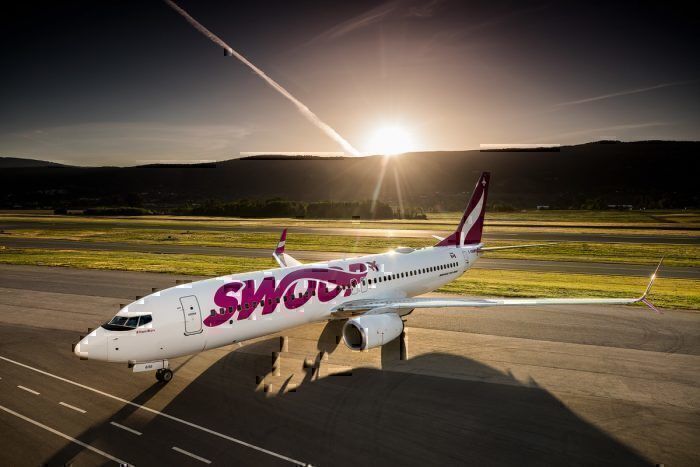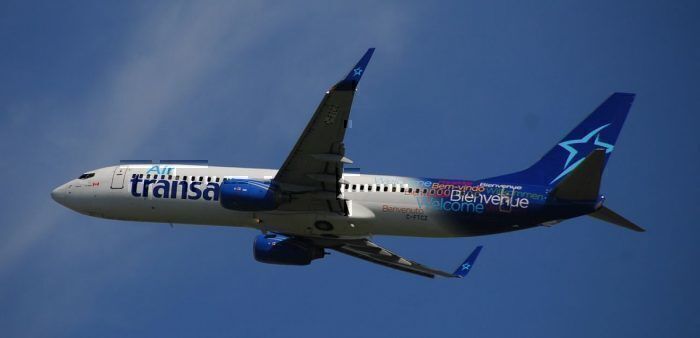The Canadian Transportation Agency (CTA) has seen a surge of complaints against Canadian carriers amid the COVID-19 pandemic. Most of the recent conflict centers on the struggle for customers to obtain refunds instead of the vouchers being issued by airlines. However, it appears that, even before the global health crisis emerged, the CTA already had a backlog of complaints going as far back as 2018.
A backlog of 14,000 complaints
According to the CBC, the CTA now has a backlog of nearly 14,000 air passenger complaints, some as old as two years. The majority of recent complaints are more than likely due to the way Canadian carriers have been handling canceled flights - often issuing vouchers rather than providing cash refunds.
However, other claims - perhaps less recent - include tarmac delays and denied boardings. The CTA says that it received 5,500 complaints from March 11 to May 28, although the specifics of the complaints were not disclosed.
With a total of 26,000 complaints submitted to the CTA between July 2018 and April 2020, 14,000 remain unresolved. The majority of claims are meant to be addressed within 30 to 120 days.
The CTA points out that between 2015 and 2019, the number of complaints submitted had increased more than nine-fold, from 826 to 7,650, adding:
Thanks to the remarkable efforts of CTA staff, and the infusion of some temporary funding by Parliament, the number of complaints resolved during the same period rose by a similar amount.
It further clarifies that from mid-2019, the growth in the number of complaints accelerated dramatically, receiving 19,392 complaints during its last fiscal year alone. Here are statistics provided to us by the organization:
- Fiscal year 2015-16: 826 complaints filed with 807 resolved
- Fiscal year 2016-17: 3,367 complaints filed with 2752 resolved
- Fiscal year 2017-18: 5,565 complaints filed with 5065 resolved
- Fiscal year 2018-19: 7,650 complaints filed with 5839 resolved
- Fiscal year 2019-20: 19,392 complaints filed with 9143 resolved
New passenger protections led to more complaints
Speaking with the CBC, the CTA says the vast majority of untouched cases are not tied to COVID-19 fallout, adding that complaints more than doubled after the second wave of air passenger protection regulations came into effect this past December.
Air passenger protection regulations were intended to provide a baseline of expectations and a hard set of rules for both airlines and passengers regarding a wide range of air-travel-related scenarios. The rules cover everything from flight delays and cancelations to denied boardings and lost baggage. The CTA told CBC News,
“The massive increase in complaint volumes has made it increasingly challenging to meet these standards, despite the mobilization of effort across the organization...This isn’t for lack of effort or commitment; it simply reflects the challenges of handling a 23-fold leap in demand.”
This explanation from the CTA makes sense. Once there is a clear 'rulebook' to reference (such as the new air passenger protection regulations), passengers would feel far more confident in filing a complaint.
About the CTA
According to its website, The Canadian Transportation Agency (CTA) is "an independent, quasi-judicial tribunal and regulator that has, with respect to all matters necessary for the exercise of its jurisdiction, all the powers of a superior court." The agency is the Canadian equivalent to the US Department of Transportation (US DoT).
The agency's special Air Passenger Protection website notes that the CTA has temporarily paused all dispute resolution activities involving air carriers until June 30, 2020. The reason for this, they say, is to allow airlines to focus on "immediate and urgent operational demands." On or before June 30, 2020, the Agency will determine if the pause should end or be further extended.
If you're a Canadian (or someone who has had to deal with a Canadian carrier), have you ever filed a complaint with the CTA? Share your experience with us in the comments.



